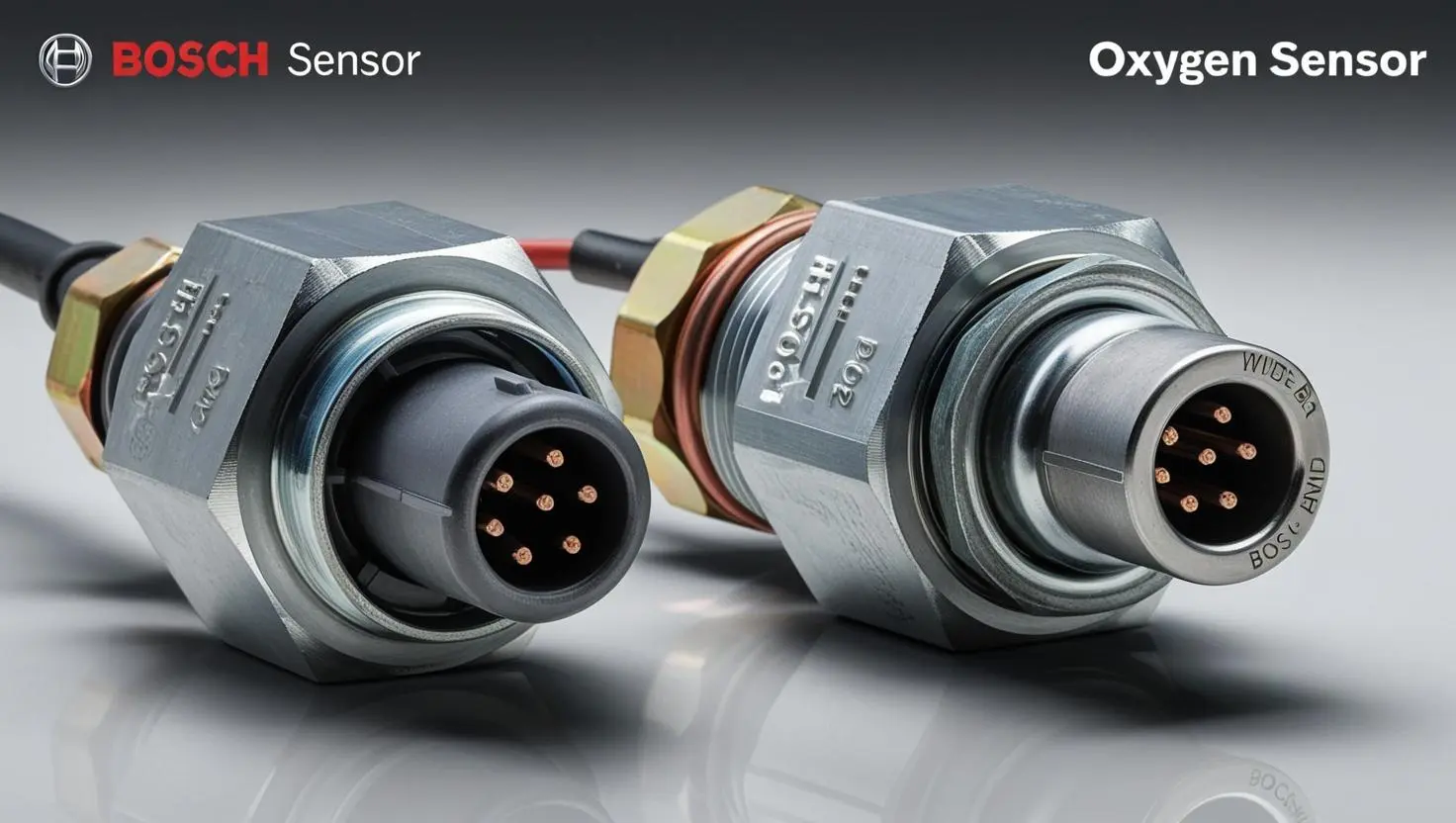
Oxygen Sensor & O2 Sensor Replacement: New Engine Performance
Do you ever feel like your car is losing power, consuming more gas, or operating poorly? A simple oxygen sensor may be the issue. This quiet electric wizard measures oxygen in your exhaust and tells your engine how to combine fuel. You get smooth power and higher fuel economy when it works. If not, you waste money and pollute more. For drivers seeking proper car performance, oxygen sensor and O₂ sensor replacement are effective solutions.
What’s an Oxygen Sensor, and Why Does It Matter?
To ensure that the engine operates smoothly, the oxygen sensor, also known as the O2 sensor, is one of the most essential components. By monitoring the exhaust fumes, it provides the computer in your vehicle with the ability to fine-tune the air-fuel mixture. Is there too much fuel present? The sensor instructs the ECU to reduce the fuel mixture when it detects an excessive amount of fuel. Is it insufficient? You need to add additional juice to it. Because of this continuous feedback, your engine will continue to operate smoothly, your emissions will remain low, and your wallet will be fuller at the gas station. The replacement of oxygen sensors is one of those jobs that proves to be profitable in terms of both performance and cost savings.
Types of Oxygen Sensors: Wideband vs Narrowband
Not all oxygen sensors are created equal. Narrowband sensors are the old-school type, flipping between rich and lean signals. They’re simple, reliable, and found in plenty of older cars. Wideband sensors, on the other hand, give a much more precise reading, letting modern engines squeeze out every drop of power and efficiency. Whether your ride uses narrowband or wideband, we know how to test, diagnose, and handle oxygen sensor replacement the right way.
How Oxygen Sensors Help Fuel Economy and Performance
Here’s where the magic happens. Your oxygen sensor feeds data to the ECU, which adjusts fuel trims those tiny tweaks that keep your engine running just right. Short-term fuel trims react to quick changes, while long-term trims handle the bigger picture. If your sensor’s slow or faulty, your engine can run rich (wasting fuel) or lean (risking damage). That’s why O2 sensor replacement is a must if you want top performance and the best economy from every tank.
How to Spot a Failing Oxygen Sensor
Oxygen sensors don’t last forever. Here’s what to watch for before you’re left with a thirsty, sluggish engine:
- Check engine light pops on, often with codes for fuel or emissions
- Poor fuel economy suddenly you’re filling up more often
- Rough idle or hesitation when accelerating
- Failed emissions test or high exhaust readings
- Black smoke from the exhaust or a strong fuel smell
- Engine runs rich or lean, with uneven power delivery
- Slow response from the sensor on a scan tool
- Visible damage or contamination on the sensor tip
Top 5 Oxygen Sensor Manufacturers
Quality matters when it comes to oxygen sensor replacement. Here are five brands we trust to keep your engine happy:
- Bosch – The original innovators, trusted worldwide
- Denso – Top choice for Japanese and many European cars
- NTK – Known for precision and reliability
- Delphi – Solid performance for a wide range of vehicles
- Walker – Great aftermarket option with proven results
Oxygen Sensor Replacement: What We Actually Do
We don’t just swap parts and hope for the best. Here’s how we handle every job:
- Full diagnostic to confirm if it’s the sensor, wiring, or something else
- Test sensor response and check fuel trims with scan tools
- Replace with the right sensor for your make and model
- Clear codes and test drive to confirm the fix
- Check for exhaust leaks or other issues that could affect readings
- Honest advice on what was done and why
- Fast turnaround so you’re not left waiting
- Support for all makes, from city cars to performance machines
Honest, Expert Service Every Time
We’re car people, not salespeople. From the first call to the final test, you’ll get straight talk, expert work, and a fair price. That’s why so many drivers trust us for oxygen sensor and O2 sensor replacement. If you’re ready to breathe new life into your engine, let’s get started. (And yes, OBDTech is always happy to answer your trickiest sensor questions if you need us.)
Are You All Set to Go Again?
Don't wait for a more serious issue if your car is running rough or using too much fuel. Make an appointment with a team that is well-versed in electrics to replace your oxygen or O2 sensor. We'll take care of you so you can resume driving, which is what really counts.